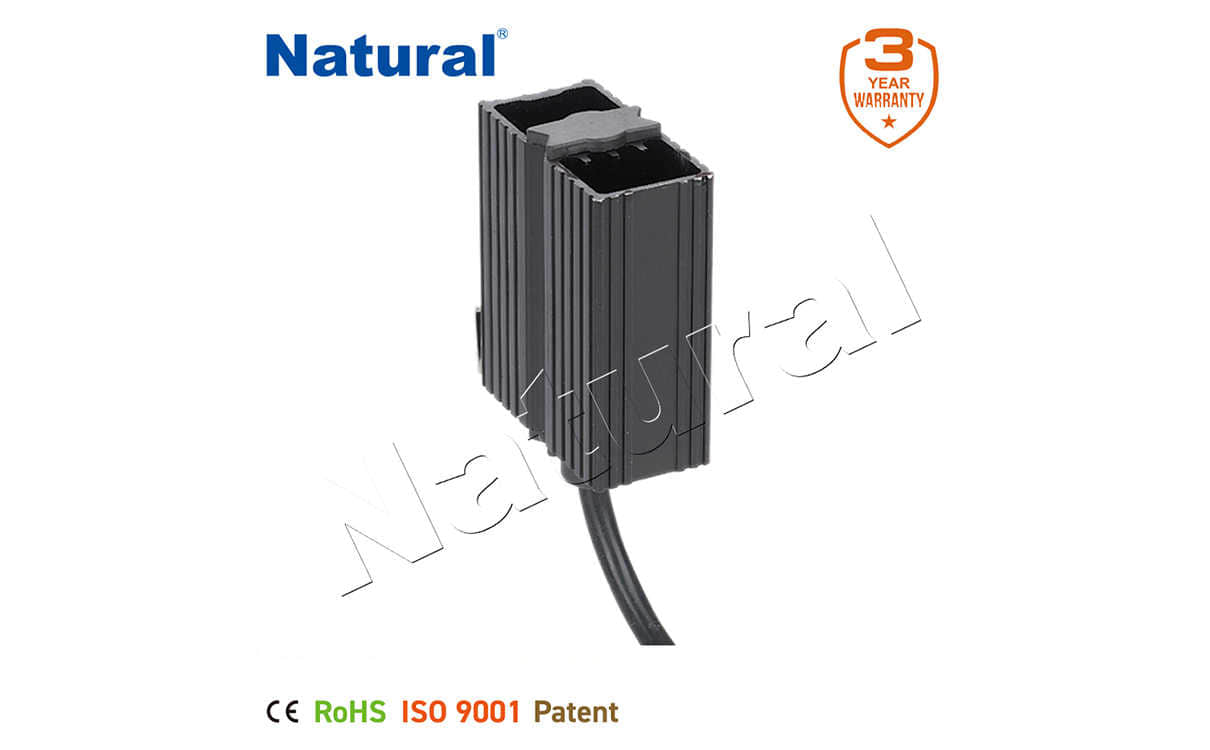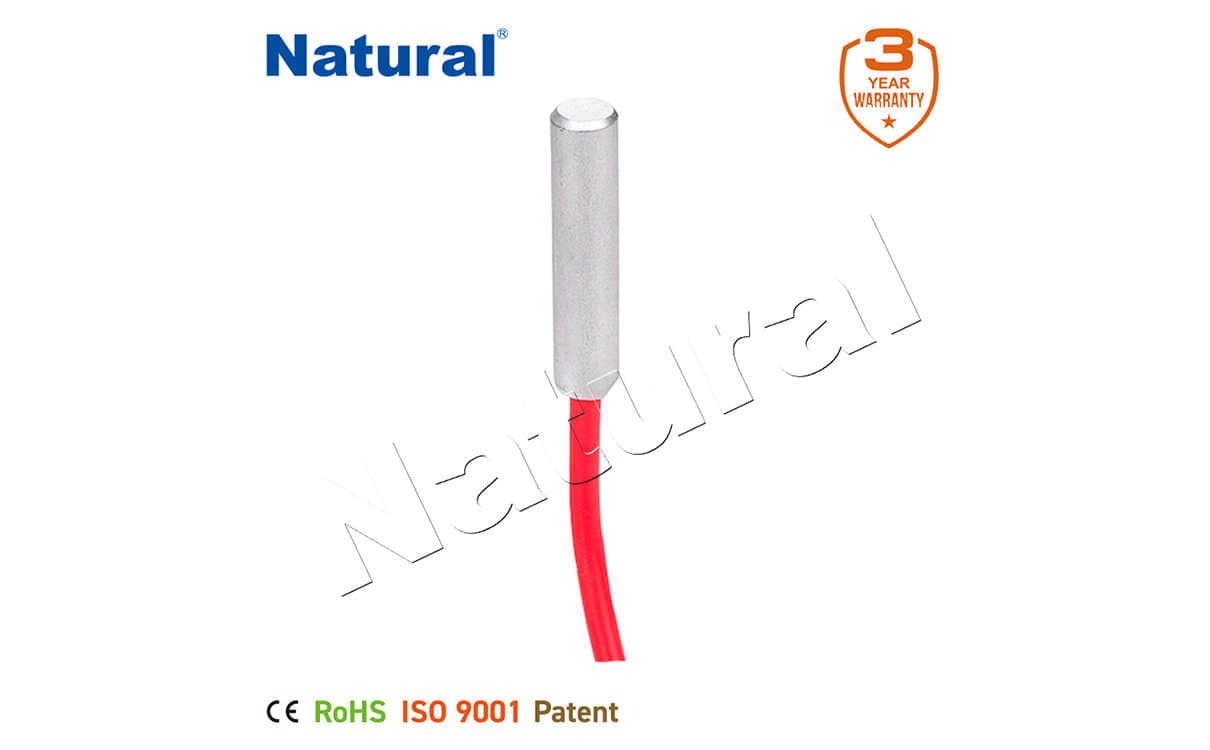 28 items Patent
28 items Patent
 28 items Patent
28 items Patent
 28 items Patent
28 items Patent

Semiconductor heaters represent a cutting-edge advancement in the heating technology industry. Unlike conventional heating elements that rely on metals or other materials with high resistivity, semiconductor heaters leverage the unique properties of semiconductor materials to generate heat efficiently. This innovative technology offers numerous benefits, including energy efficiency, precision control, and environmental friendliness, making it an ideal choice for a wide range of applications.

At the heart of semiconductor heating technology is the material science of semiconductors. Semiconductors, such as silicon and germanium, have electrical properties that lie between those of conductors and insulators. When an electric current passes through these materials, they resist the flow of electricity to some extent, causing them to heat up. The ability to precisely control this resistance and the heat it generates is one of the main reasons why semiconductor heaters have gained popularity.
The natural efficiency of semiconductor heaters is one of their most significant advantages. Traditional heating methods often waste a substantial amount of energy as heat dissipates into the surrounding environment. However, semiconductor heaters are designed to minimize this loss. By using advanced semiconductor materials and incorporating specialized designs, these heaters can convert electrical energy directly into heat with minimal loss, ensuring that more of the energy goes toward heating the target area. This efficiency not only reduces operational costs but also minimizes environmental impact by reducing energy consumption.
